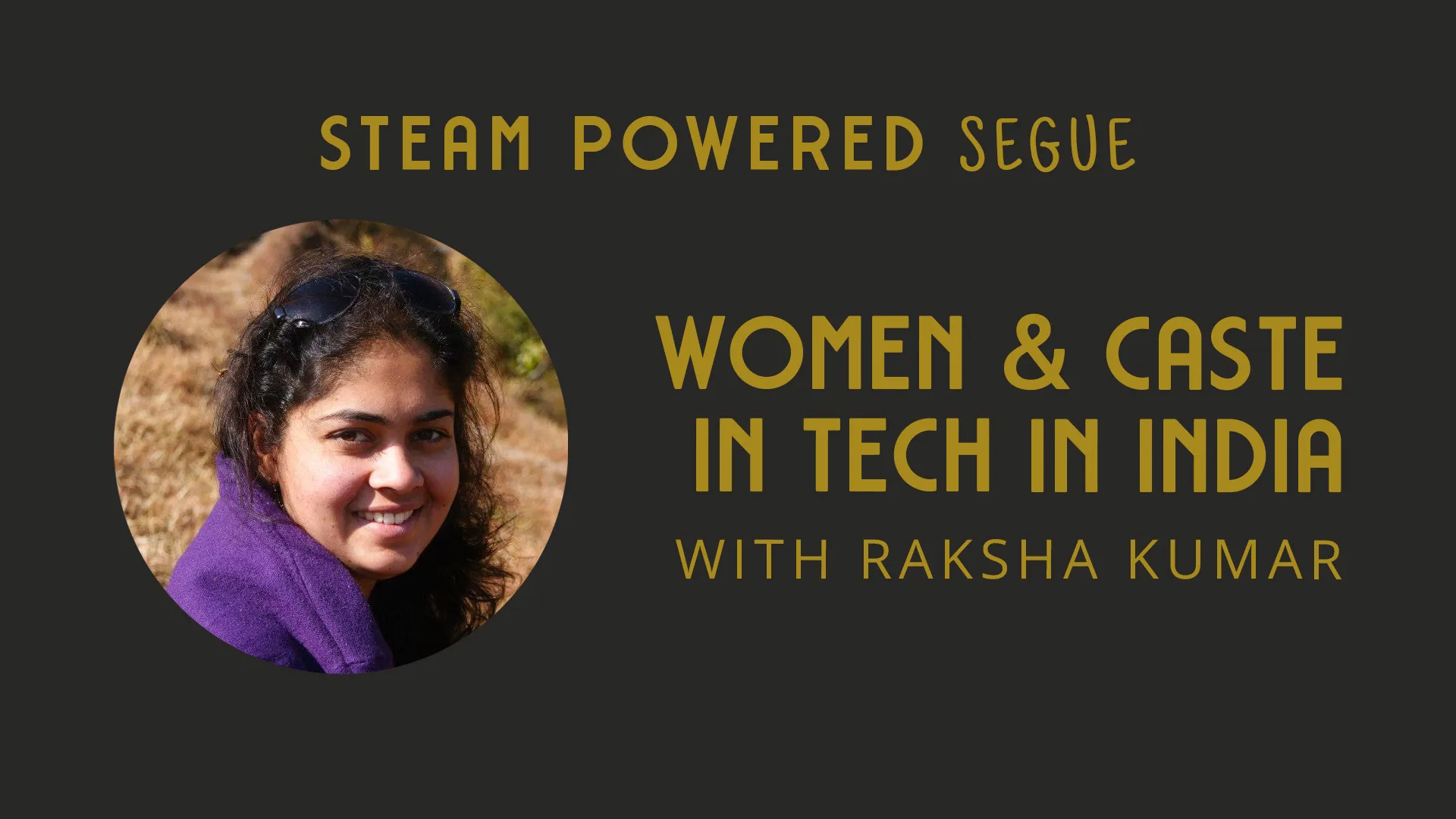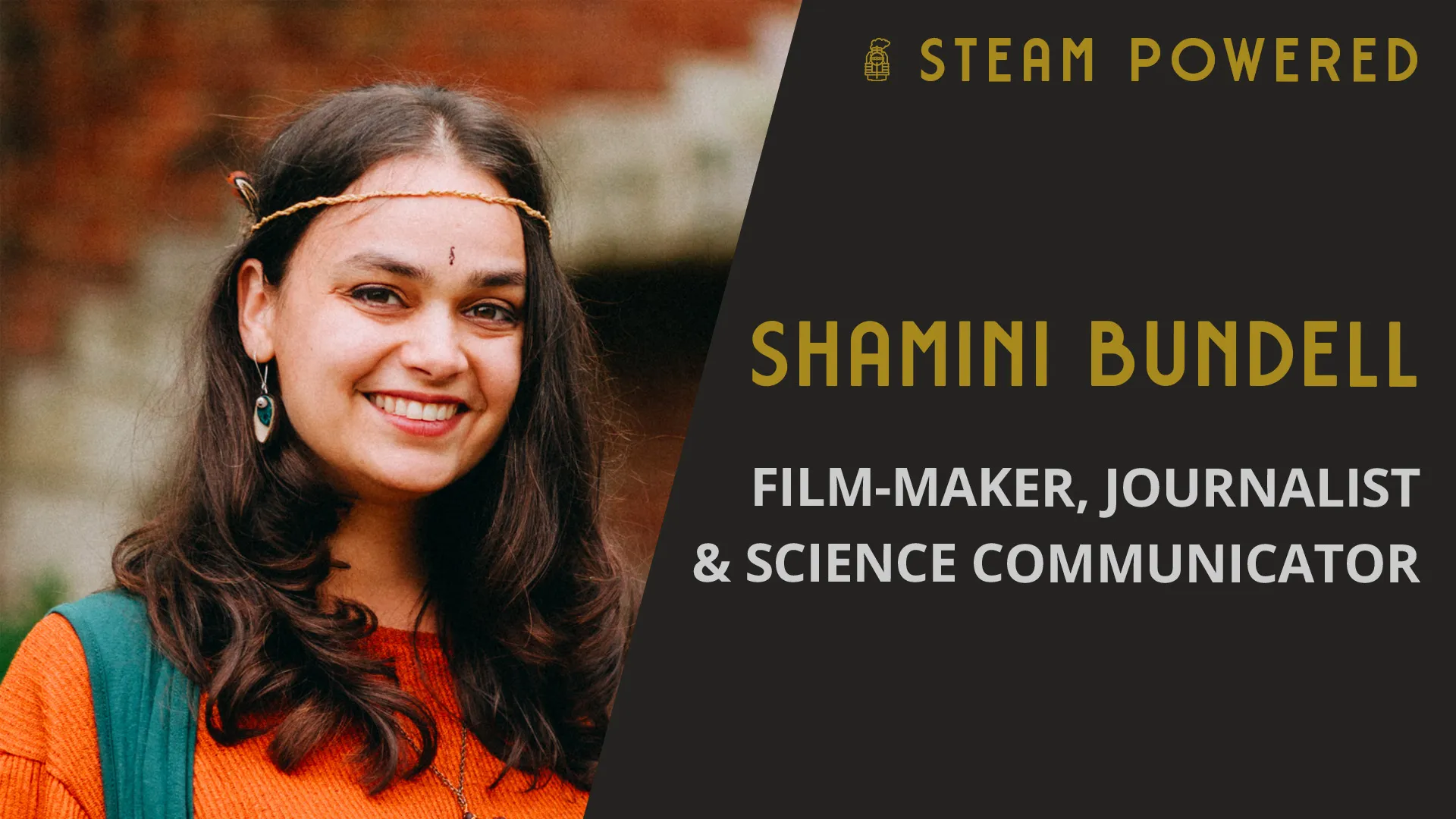Branding for Connection and FemTech with Ari Krzyzek
Have you ever looked at a business beyond their visual branding and think about who they are, what they stand for, and who their owners are and what they stand for? Branding is more than an aesthetic, it's about connection. Ari Krizek is the CEO and Head of Strategy of see-ka-lo-fîa, a brand agency that helps femtech and women-led brands to solidify their 'why' so they can unlock business opportunities.
Join us as we speak about Ari's journey to creating her own brand agency, finding her niche in femtech, and why knowing your why can help you to succeed.
About Ari Krzyzek
CEO and Head of Strategy at Chykalophia (read: see-ka-lo-fia), Ari Krzyzek helps FemTech, DTC, and women-led brands transform their website into a platform that unlocks business opportunities. She is co-author of one of the Top 3 Best Sellers book in web design, Made to Sell: Creating Websites that Convert. She serves as a branding, UX consultant, and professional peer in support of fellow female entrepreneurs through the #1 ranked private business incubator in the world, 1871 Chicago, and Chicago’s global healthcare startup incubator, MATTER. She’s the co-host of Halo Femtech Podcast, a podcast that honors disruptive innovators and change-makers advancing women’s health.
Furthermore, she helps women in tech and design break into the industry and succeeds in it by mentoring them for personal branding, career advancement, and entrepreneurship through Interaction Design Foundation, Chicago Innovation and ADP list.
- Instagram: @ari.krzyzek
- LinkedIn: https://linkedin.com/in/arichykalophia
- Chykalophia: https://chykalophia.com
- Chykalophia Instagram: https://instagram.com/chykalophia
- Chykalophia linkedin: https://www.linkedin.com/company/2329060/
Listen to the Podcast
Listen on Apple Podcasts, Spotify, iHeartRadio, Amazon Music, Castbox, Deezer, Goodpods, Overcast, Pocket Casts, TuneIn, Blubrry, Podcast Addict, Podchaser, JioSaavn, RSS , and other podcast platforms.
Watch on YouTube
- [00:00:57] Ari's journey to visual communication design.
- [00:03:00] The gap between design and business strategy.
- [00:06:29] The superficial way in which we view branding.
- [00:07:25] On your mission and culture.
- [00:09:05] Ari's motivations for starting her agency.
- [00:10:09] Business identity vs individual identity.
- [00:13:13] Starting a business is a journey of self-discovery.
- [00:14:11] Everyone should have a personal philosophy.
- [00:15:46] What is your 'why'?
- [00:16:59] Giving back because of the support she received.
- [00:18:25] There's so much available to help you to succeed.
- [00:20:13] How to find your niche.
- [00:21:42] The focus on tech and FemTech.
- [00:24:05] Trends in FemTech beyond medical.
- [00:24:49] Awkward Essentials – Dripstick (Content Warning: Sexual health, may be TMI for some).
- [00:25:33] The burgeoning space of FemTech in lifestyle and wellness.
- [00:26:33] Solutions for quality of life as well as sustainability, because women's bodies and our needs are always changing.
- [00:27:55] The point of connection.
- [00:30:23] The significance of building connection in FemTech.
- [00:32:09] The challenges of marketing FemTech begin with education (or a lack thereof).
- [00:34:50] The potential scope of FemTech's role in public education.
- [00:37:45] Women can thrive in tech.
- [00:39:47] How to position yourself as the solution.
- [00:42:10] Bonus Question 1: What hobby or interest do you have that is most unrelated to your field of work?
- [00:43:36] Bonus Question 2: Which childhood book holds the strongest memories for you?
- [00:44:43] Bonus Question 3: What advice you would give someone who wants to do what you do? Or what advice should they ignore?
Connect with Us
- @steampoweredshow
- @steampoweredshw
- @steampoweredshow
- @steampoweredshow
- @steampoweredshow
- @steampoweredshow
- steampoweredshow
Support STEAM Powered
Review Us
Please leave us a review on Apple Podcasts, Spotify, GoodPods, Podchaser, or your preferred podcatcher.
Become a Patron
Affiliate Programs
Start your own podcast or YouTube channel, or run panels and seminars with
Riverside.fm. Record up to 8
people in a session with up to 1000 audience members. You can record in advance
as I do, or you can livestream with the option to send it straight to Facebook,
Youtube, Twitter, or Twitch. There’s even a green-room for guests and live call
in for audience members. Afterwards, get separate video (up to 4K) and audio (up
to 48kHz) tracks per recorded participant for editing, none of that “active
speaker only” limitation. You know you’re in good hands with a service whose
client-base includes some heavy-hitters. Check out
Riverside.fm to see who else is on
board. Use promo code STEAM25 to get 25% off the first three months of your
subscription.
Music is “Gypsy Jazz in Paris 1935” by Brett Van Donsel.

